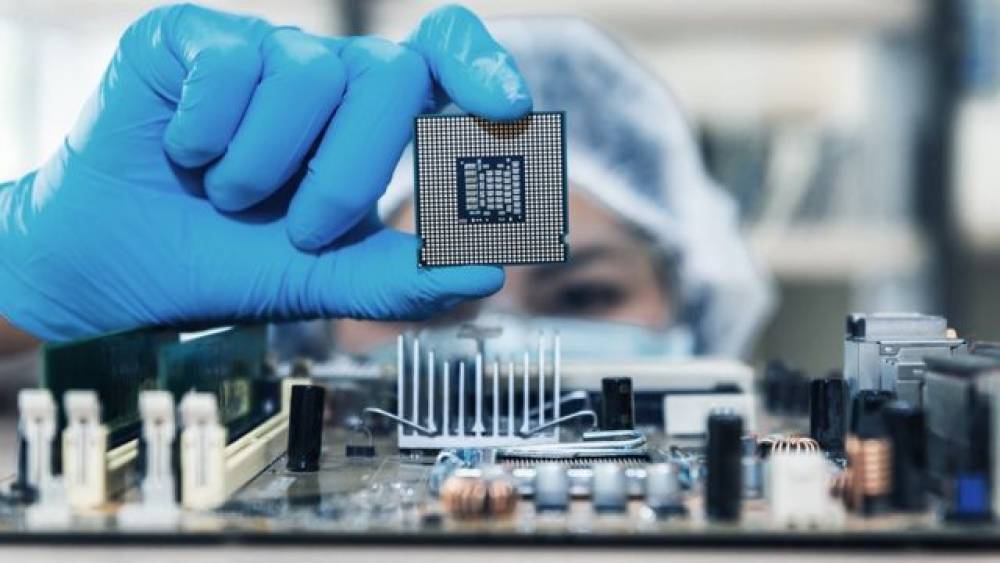
A shortage of semiconductor chips causes Concurrent Technologies to outperform the market
A shortage of semiconductor chips causes Concurrent Technologies to outperform the market
Contrary to market expectations, Concurrent Technologies, an Essex-based developer and manufacturer of high-performance computer products, expects to report profits and revenues that are slightly higher than those expected in 2021 despite a global chip shortage.
Following the announcement, the stock of the London-listed company soared 11 percent to 89p per share on Wednesday, according to the Financial Times.
In his statement, Dr Miles Adcock, CEO of Concurrent Technologies Plc, said, "I am delighted with the company's trading performance in 2021, particularly how the company's experienced management team and dedicated staff enabled Concurrent to mitigate the impact of global supply chain issues, and I am confident in the company's long-term prospects."
According to the UK-based company, it has a healthy order book as well as a pipeline of innovative product launches in the planning stages.
CTL (Concurrent Technologies Plc) is a British company that was established in 1985 to develop and manufacture high-performance embedded computer products for a variety of high-performance, long-lifecycle applications in a variety of markets such as telecommunications, defense, security, telemetry, scientific, and aerospace.
In order to keep up with the latest technology, Concurrent relies on Intel processors, which include Intel Core processors, Intel Xeon processors, and Intel Atom processors, among others.
Contrary to the chip shortage, which is impeding suppliers' ability to obtain semiconductor components, Concurrent Technologies stated that it intends to grow its revenue and customer base in 2018.
Prior to the Covid-19 pandemic, a supply crunch had developed as a result of the trade wars between the United States and China, among other factors. As a result of the pandemic, fabrication plants were forced to close, with some catching fire as a result, all at a time when demand for chips used in automobiles and computers increased significantly.
As a result of the global chip shortage, it has had an impact on over 169 industries, ranging from cars that have been left unfinished on assembly lines to PlayStation 5 consoles that are not producing enough to meet demand.

